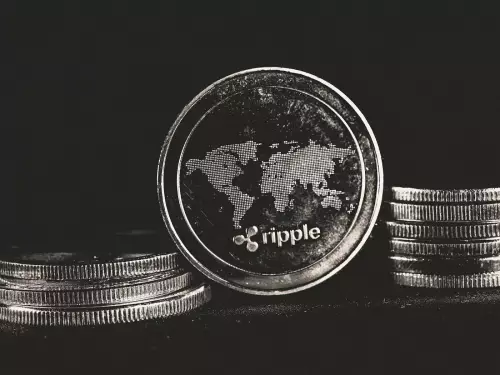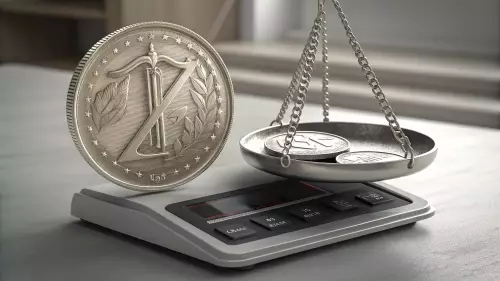The Philippines is considering a groundbreaking bill to establish a national Bitcoin reserve, aiming to bolster economic sovereignty. Is this the future of national wealth?

The Philippines is making waves in the crypto world with a proposal to establish a national Bitcoin reserve. This move, aimed at enhancing economic sovereignty and future-proofing the nation's financial resilience, has sparked both excitement and debate. Is this a bold step forward, or a risky gamble?
A Strategic Bitcoin Reserve: The Plan
Representative Miguel Luis R. Villafuerte introduced House Bill No. 421 on June 30, 2025, proposing the creation of a Strategic Bitcoin Reserve managed by the Bangko Sentral ng Pilipinas (BSP). The plan involves purchasing 2,000 BTC annually over five years, totaling 10,000 BTC, to be held in trust for 20 years. Villafuerte emphasizes that this initiative is crucial for diversifying the country's assets and strengthening its financial position.
Why Bitcoin?
The rationale behind this move is to diversify the Philippines' monetary assets beyond traditional reserves like dollars and gold. Bitcoin's capped supply and decentralized nature are seen as potential safeguards against inflation and systemic financial risks. As Villafuerte stated, Bitcoin's increasing significance in global finance makes it imperative for the Philippines to seize economic opportunities and protect its financial standing.
The Nuts and Bolts
The bill outlines a decentralized Bitcoin custody network across the Philippines, ensuring operational resilience. The BSP Governor would oversee the holdings, coordinating with various government departments and publishing quarterly reports. Funding would come directly from the BSP’s existing budget, ensuring the acquisition timeline is adhered to.
The Bigger Picture: Global Trends and the Philippines' Potential Role
The Philippines' proposal aligns with a growing global trend of governments exploring Bitcoin integration. Other regions, including Switzerland, Hong Kong, and Poland, have seen discussions and proposals for incorporating Bitcoin into national reserves. If the bill passes, the Philippines could become a leading crypto-friendly nation, potentially surpassing El Salvador in Bitcoin reserves.
The Counter Arguments
Of course, not everyone is on board. Critics express concerns about Bitcoin’s price volatility and regulatory uncertainty. Some argue that the funds could be better allocated to sectors like education, healthcare, or infrastructure. The finance minister has also cautioned about the difficulty of converting Bitcoin into cash when needed.
My Take: A Calculated Risk Worth Taking
While the concerns are valid, I believe the potential benefits outweigh the risks. Bitcoin's decentralized nature offers a hedge against traditional financial systems, and its increasing adoption signals a shift in global finance. For the Philippines, this could mean enhanced financial stability and a stronger position in the digital economy. Moreover, the proposal includes safeguards like protecting private property rights and prohibiting the confiscation of legally held Bitcoin, addressing some of the key concerns.
Looking Ahead
Whether this law passes or not, the conversation has started, and it’s a big one. The Philippines could become one of the first nations to adopt Bitcoin as part of its official wealth—a move that might change how countries think about money in the future. So, keep your eyes peeled, folks! The Philippines might just be the trendsetter the financial world didn't know it needed. Who knows, maybe one day we'll all be paying for our morning coffee with satoshis!












































































